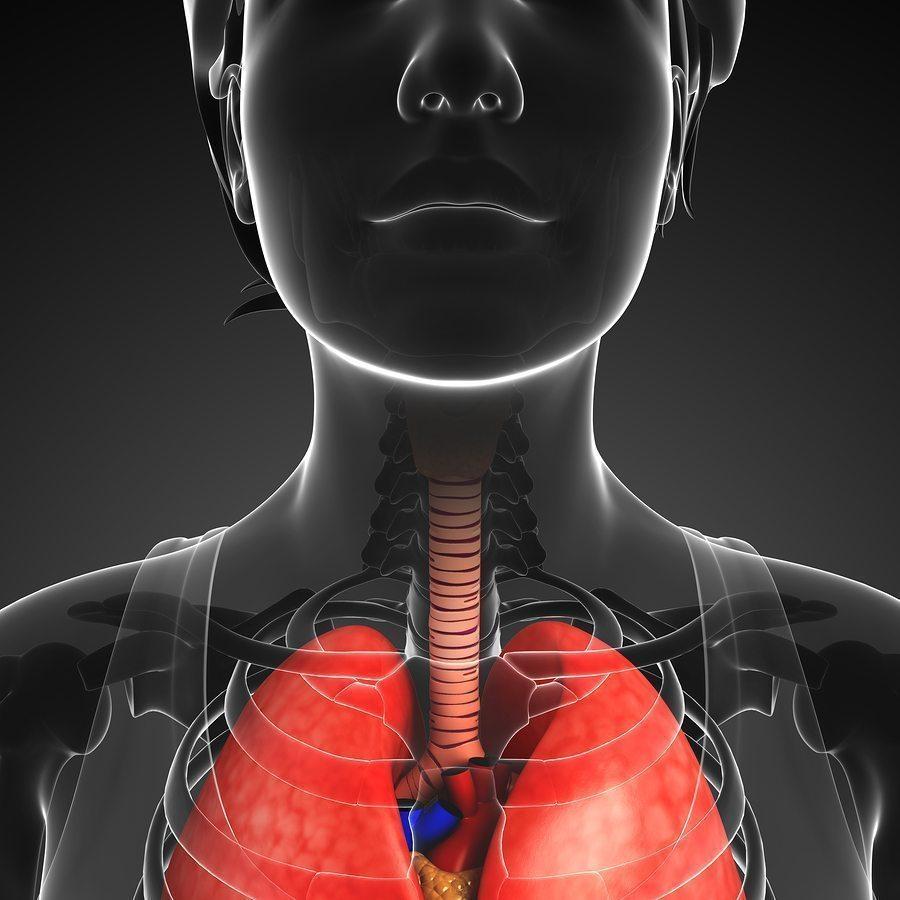What is Esophagitis and How Can it be Treated?

What is Esophagitis and How Can it be Treated?
When the esophagus becomes inflamed, the condition is called esophagitis and, if left untreated, can damage the tissue in the esophagus. The esophagus is the muscular tube that passes food and drinks from the throat to the stomach.
People of any age can suffer from the condition, although it is more common in adults, specifically those over 55.
What Causes Esophagitis?
Several conditions can lead to esophagitis. Among the most common are:
- Allergies. When you have an allergic reaction, for instance to a food you’ve eaten, this can cause a rise in certain types of white blood cells called eosinophils. Their job is to fight infection and disease, but when too many of them gather in the esophagus it can cause the irritation and inflammation that is called eosinophilic esophagitis.
- Infections: people whose immune systems are weakened (such as those with diabetes or HIV) are susceptible to infectious esophagitis. The types of infections that can lead to this condition include yeast infections such as Candida, or herpes, which is a viral infection. Yeast infections are normally treated with antifungal drugs, and viral infections may be treated with anti-viral drugs.
- GERD: also known as reflux esophagitis, happens when the valve which is supposed to prevent acid escaping from the stomach into the esophagus, malfunctions. The resulting irritation and inflammation can lead to esophagitis.
- Certain medications: some oral medication can lead to esophagitis if, for instance, it is swallowed without sufficient water to wash it down properly. If you don’t swallow enough water to flush the medication completely down to the stomach, some of it can stay in the esophagus and cause irritation. It is more likely to occur with some medications than with others. The most likely culprits include antibiotics, some drugs that treat osteoporosis, medication to treat potassium deficiency, and some painkillers.
There are a few other causes too, and these include radiation therapy or when a patient is fitted with nasogastric tubes for other conditions. Chemical injury of the esophagus commonly occurs in children if they swallow household chemicals.
Esophagitis Symptoms
The condition leads to a few different symptoms, which include:
- Food getting stuck halfway down.
- Feeling sick.
- Vomiting.
- Having a bad taste in your mouth.
- Having a sore throat.
- Pain when swallowing, difficulty swallowing.
- Mouth sores.
- Abdominal pain.
Babies or very young children who are unable to describe their symptoms may first show signs of having feeding difficulties. This should alert parents to the possibility of esophagitis, since if it is allowed to continue it may lead to a possible failure to thrive.
Diagnosis and Treatment for Esophagitis
The patient’s doctor will first ask questions regarding symptoms, and this may include your, or your family’s, medical history. He or she may also carry out an examination and, if necessary, order further diagnostic testing. Other diagnostic tests include:
- Endoscopy: an endoscope is a long, narrow tube with a light and camera. It is passed down the patient’s throat and into the esophagus allowing the doctor to examine the tissue visually. At the same time, if it is thought necessary, during the procedure it is also possible to remove tissue for a biopsy. This tissue will then be sent to the laboratory where it is tested.
- Barium X-ray: Barium, either in tablet or drink from, coats the lining of the esophagus and allows for clearer X-ray images. These clear images allow the doctors to identify any possible structural damage to the esophagus, which could indicate a tumor or a hernia.
- Allergens: a skin prick test or an elimination diet may be recommended to identify whether the patient is allergic to any foods or substances.
- The type of treatment offered will depend on the original cause of the esophagitis and may include:
- Alternative medication: patients may switch from medication in the form of liquid instead of a solid in cases where the medications have caused inflammation of the esophagus. Alternatively, you may simply be advised on ways to swallow your medication more safely, for instance by taking more water.
- Curing infections: where esophagitis is caused by an infection, the infection will be treated. Treatment will depend on whether the infection is caused by a parasite or bacteria, a virus, or by fungus.
- Surgical procedures: if the course is a severe narrowing of the esophagus, surgical intervention may be necessary to correct the problem.
- GERD: surgery to treat GERD may be offered in order to prevent the recurrence of esophagitis. Alternatively, drugs that reduce gastric acid production, such as proton pump inhibitors, may be offered.
- Allergies: treating the allergy will be the first line of defense.
In most cases, esophagitis is relatively easy to treat. If you have any of the symptoms listed there is no need to suffer in silence, especially since delaying treatment could lead to complications.




